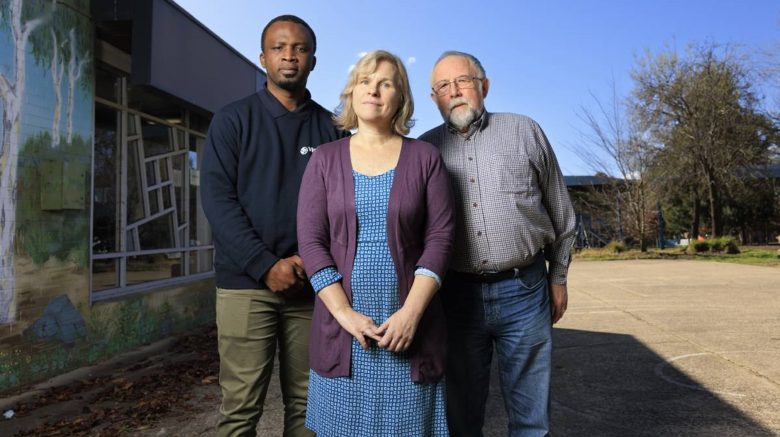
By Steve Evans
June 19 2023 – 5:30am
There are a host of quiet people out there who step forward to help some of the most helpless people in our land – and this is the week they should be saluted.
It is Refugee Week, a week when its organisers say the aim is “to raise awareness of the issues affecting refugees”.
Canberra has a particular stake in the issue because of the number of embassies, according to Kathy Ragless, the director of Companion House whose remit is to “work with adults and children who have sought safety in Australia from persecution, torture and war-related trauma”.
When regimes turn from bad to worse, people from the embassies often decide not to return home. They, therefore, find themselves adrift in a strange land.
Ten years ago, people sought asylum in Australia from Zimbabwe, Kathy Ragless said.
Myanmar (formerly known as Burma) followed. Afghanistan has increased the supply of the fearful. So has the war in Somalia. And, of course, Ukraine.
The reasons for staying are multiple – gay people risk death in Iran, for example. There was a rush of asylum applications, according to Ms Ragless, after the same-sex marriage law was passed in 2017.
Students from repressive regimes like China have tasted freedom of speech in universities here. They may have shown dissent which is noted back home so they fear for their safety if they return.
Women who have fled from Saudi Arabia and its utterly repressive regime have been helped.
Companion House works with two other organisations to help refugees and asylum seekers in Canberra. They are Vinnies and Canberra Refugee Support.
Canberra Refugee Support was set up to provide good neighbourliness to asylum seekers – to help find rented accommodation, for example, pay bills where necessary, organise transport – do all those things a good neighbour would do.
The three organisations came together because they realised the task would overwhelm each of them individually. They spend around $360,000 a year, half from donations from the public and the other half from the ACT government.
They reckon 350 volunteers help 2000 people a year. There are currently 40 families on their books.

